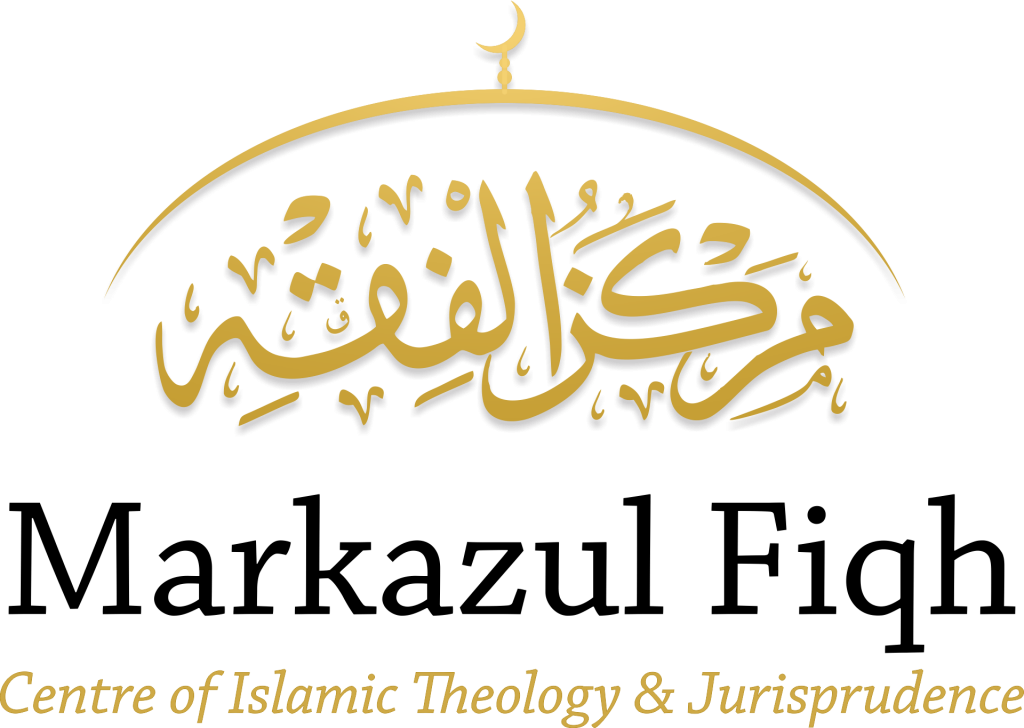Research & Articles
Lowering the Gaze
Allāh ﷻ has blessed the human with innumerable bounties and blessings which one cannot count nor comprehend. Allāh ﷻ says in the Holy Qurʾān: وَإِن تَعُدُّواْ نِعْمَةَ اللّهِ لاَ تُحْصُوهَا إِنَّ اللّهَ لَغَفُورٌ رَّحِيمٌ “Were you to [endeavour to] count the blessings of Allāh, never
Final Word – Advice by ibn Juzayy al-Kalbī (may Allah have mercy on him)
The following has been adapted from the English translation of al-Nūr al-Mubīn of Imām ibn Juzayy al-Kalbī. The text was translated from the original Arabic by Mawlānā Fahim Hoosen of South Africa and published under the title “The Clear Light”. We found the Khātimat al-Kitāb
The Niqāb and Its Obligation in the Ḥanafī Madhhab
By Mufti Husain Kadodia (may Allah protect him) بسم الله الرحمن الرحيم Our discussion will entail the following: 1. Introduction 2. The juristic definition of shahwah (desire) 3. The Hanafi stance 3.1. Types of gazes and their respective rulings 3.1.1. A gaze accompanied with
Which Glands are Impermissible to Consume?
Amongst the parts of an animal that are makruh tahrimi to consume is one named الغدة. This is translated as “glands”, however does it refer to a particular gland or are all glands makruh tahrimi? Some might assume it to be general for all glands,
The Distinction of Dārul-ʿUlūm Deoband
Muftī Muḥammd Shafī‘ (1897 – 1976) narrates the following statement from his father, Mawlānā Muḥammad Yāsīn Deobandī (1865 – 1936) [1], about his experience at Dārul ‘Ulūm Deoband in the late 19th century: “I witnessed such a period at Dārul ‘Ulūm [Deoband] when, from the headmaster
Recipe for a Successful Marriage
By Mufti Ebrahim Desai (ḥafiẓahullah) Q: Every human being by nature has an instinct to dispute. This instinct becomes more manifest between the husband and wife, thus leading to marital disputes. How can this instinct be controlled? A: Consider the following ten points to control


